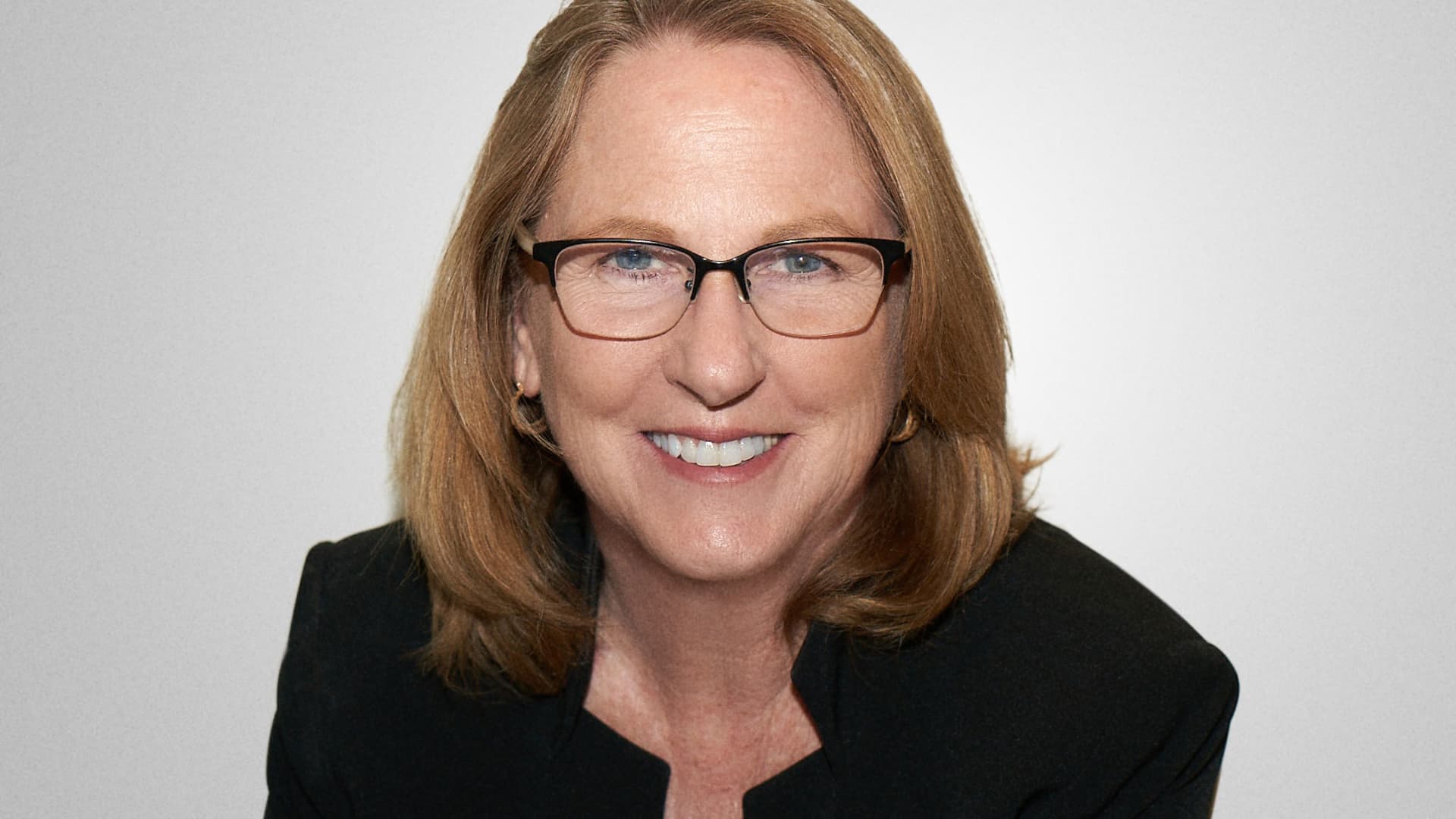If you’re one of the millions of Americans grappling with IRS issues, you may not realize there’s another option for your unresolved problems.
The Taxpayer Advocate Service, known as TAS, is an independent organization within the agency, providing one-on-one guidance and fighting for systemic changes.
Erin Collins, the national taxpayer advocate, leads about 80 nationwide offices for struggling filers, consults within the IRS, reports annually to Congress on the agency’s biggest problems and presents legislative proposals.
Taking the reins in March 2020, she’s had a front-row seat for the pandemic’s devastating effects, contributing to “the most challenging year taxpayers and tax professionals have ever experienced,” as described in her 2021 annual report to Congress.
The National Taxpayer Advocate hotline fielded nearly 3 million calls between Oct. 1, 2020 and Sept. 30, 2021, a 990% increase from the previous 12 months, and received 264,343 new cases.
And currently, the IRS is buried by a backlog of tens of millions of unprocessed returns, which Commissioner Charles Rettig expects to clear by the end of 2022.
CNBC spoke with Collins about her key role during an unprecedented time for the IRS. The interview has been condensed and edited for clarity.
Kate Dore: I’d love to hear about your career path to becoming the national taxpayer advocate.
Erin Collins: You make me smile when you ask like I really planned this. When I was in law school, one of my professors, who I think always wanted to work for the IRS Chief Counsel, pointed me in that direction.
I wasn’t really sure what I was doing, but in hindsight, it was a great choice. So I went right from law school to the IRS Chief Counsel. I worked there for about 15 years and wore multiple hats that were very helpful for my current role.
And then I joined [accounting firm] KPMG in their IRS controversy practice, which was interesting because it’s changing from one side of the table to the other. They look at tax completely differently than the IRS.
KD: You joined the Taxpayer Advocate Service in March, 2020. What made you most interested in this role?
EC: So I had just announced my retirement with KPMG, and I really was thinking of retiring. I had no intention of going back into the tax field. And when the position came up, it was the only job I would have considered for coming out of retirement.
I think it’s a fascinating position, and I’m very privileged to be serving as the national taxpayer advocate. We can be independent, step back and look at things a little bit differently than our IRS colleagues.
KD: Your 2021 annual report to Congress outlined a number of IRS recommendations. Which of the suggested changes are we most likely to see in the near term?
EC: Boy, that’s a tough one. There are an awful lot of recommendations, and some they have already implemented.
One was for automated collection notices. We recommended that the IRS postpone or suspend those until clearing the correspondence backlog. They recently agreed to suspend a lot of those notices, which I think has been a big help for taxpayers.
One of the things I am a firm believer in — and I think the pandemic really highlighted the need for — is a robust online account for individual taxpayers and businesses.
I think it’s the IRS’ intention to continue increasing online account functionality. It’s just going a little bit slower than I would like.
KD: What are the biggest obstacles to achieving all the improvements you’ve suggested?
EC: The biggest challenge for technology is sustained funding. It’s very difficult to take on a large IT project if you don’t know what your budget will be year to year. It’s the biggest challenge the IRS faces on truly modernizing and getting to where I believe they want to be.
I think they want those with a smartphone or computer to have access to IRS representatives or chatbots for answers to basic questions.
Whether it’s uploading documents or filing returns, if a large percentage of taxpayers can do that online, that’d free up the phones for those who truly need it.
KD: Is there a specific section of your website that you’d recommend as a starting point for someone with an IRS issue?
EC: We have a qualification section of the website that I would recommend. We have what I would call two buckets: those with financial hardship and those with systemic issues.
For example, let’s say the IRS said they would process your correspondence within 60 days, and now it’s 90 or 120 days past that period of time. You would qualify for TAS’ services.
Unfortunately, this past year or two, that is a very large number of taxpayers. There are millions who qualify for our service.
Who may qualify for TAS assistance:
- Financial hardship
- IRS system issue
- Fair and equitable treatment
KD: Is there anything else that’s important for readers to know about the Taxpayer Advocate Service?
The last two years have been incredibly difficult for taxpayers and tax professionals because of the inventory backlog challenges, and a lot of taxpayers are still waiting for their refunds.
One of the misconceptions is not understanding our authority. For example, if there’s an error on your return and the IRS is incorrect, we will work with you. But we do not have the authority to fix the issue. We refer it over to our colleagues at the IRS and advocate on your behalf.
Taxpayer Advocate Service resources:
